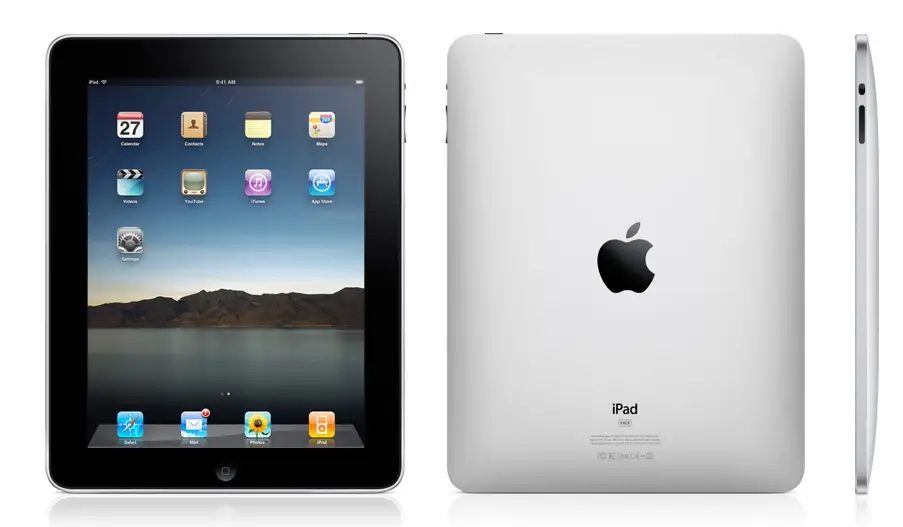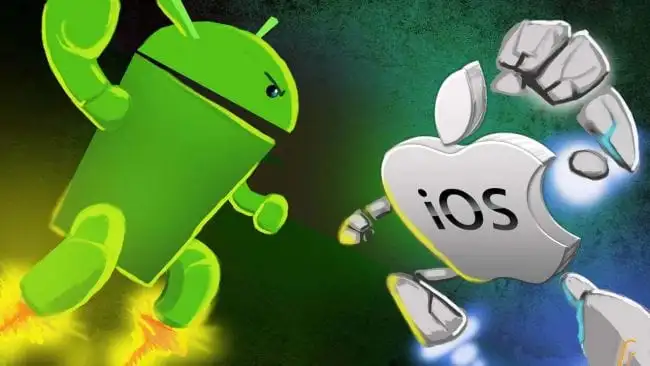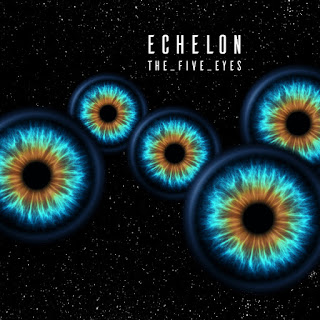Final Post - My Relationship with Technology
Technology is something that I have always been fascinated with. From a young age, my father introduced me to computers, video games, virtual reality, surround sound television technology, Bluetooth, and so much more. His interest in computers and similar technologies started when he was an adolescent, as he didn't have access to many of the new advancements. However, he took advantage of each new video game system, television set, or computer, and used them as tools to spark curiosity and educate himself on the world of technology.
Growing up, I had access to computers, television, DVR systems, video games, and streaming platforms of all kinds. Watching the latest episode of "Star Wars: The Clone Wars" was a weekly family event that I always looked forward to with great anticipation and joy.
As I got older, I was introduced to a new form of technology through my school system. My district, although small and underfunded, decided that equipping its students with iPads would open up a whole new world of learning and opportunities. Because of this, I got to learn about search-engine blocking sites, mobile games, apps, and so much more. As a kid, I thought that iPads were the most advanced and futuristic technology I was ever going to use. Of course, when I got my first phone, I quickly moved on to appreciate the power of Apple's smaller device: the iPhone.
My first phone was my Mom's old iPhone 4. I received this as a gift on my 14th birthday, as a way to keep in contact with my parents when at afterschool events or friends' houses. Many of my friends already had phones, as well, however, it was not as widespread or as commonplace for youth to have phones, let alone iPhones, as it is with today's younger generation.
When I was a bit older, a freshman in high school, I was gifted my first smartphone, an early version of Google's Moto devices called the "Moto G". I quickly fell in love with the touchscreen capabilities, updated camera features, app/home screen organization, and the integration of Google's tools in its design.
Later on, in high school, I upgraded to an iPhone once my Moto phone stopped working. This transition also ended up introducing me to the world of social media. My relationship with social media is similar to that of many women of my generation. I found it fun and fascinating when I first started using it, and I loved the idea that I could be artistic and expressive and learn more about the creative sides of my friends.
In addition, I was able to connect with and keep in contact with people my age that I didn't see in school or even in the same state.
Social media, however, eventually turned into a growing obsession and a harmful tool in the already rocky world of teen socialization. Apps, programs, and anonymous questions led to increasingly negative and stereotypical messages being thrown at me and those I followed. I did my best to generally abstain from overuse of these sites and applications, but the fear of missing out on social media posts, pop culture references, and the latest trends kept me locked in throughout my pre-college experience.
Thankfully, once I arrived at college, the small-town pressures to fit in with the people I had grown up with and been educated alongside were slowly fading. In less than a few minutes, I deleted my major social media apps from my phone and said goodbye to endless scrolling on Instagram and Snapchat. Soon, I would discover TikTok, but I utilized screen-time-limiting features to keep the endless scrolling at bay.
Apart from my use of my phone and social media, computers occupy the majority of my time spent using technology. My computer is an absolute necessity for my schoolwork, my communication with peers and professors, and even my future career. Without this device, I would not be able to complete and submit assignments, check due dates, dive deep into scholarly research, explore career paths in communication around the world, etc.
This ties into what composes my digital footprint. My digital footprint can be seen at a glance with a simple Google search of my full name. What appears is my Pinterest account, my LinkedIn, my YouTube account, a couple of photos of me, articles from my dance career, and information on scholarships I have applied for or received. This information is thankfully not as embarrassing or detrimental to my image as most people's are. However, I am careful with how I spend my time online and I work diligently to keep my privacy.
Overall, my relationship with technology has, in part, shaped who I am and where I am today. From my introductions to it through my family and my schooling, to my individual interest in it as I grew older, I have been heavily influenced by the internet, social media, smart products, communication tools, educational sites, and online entertainment.





















